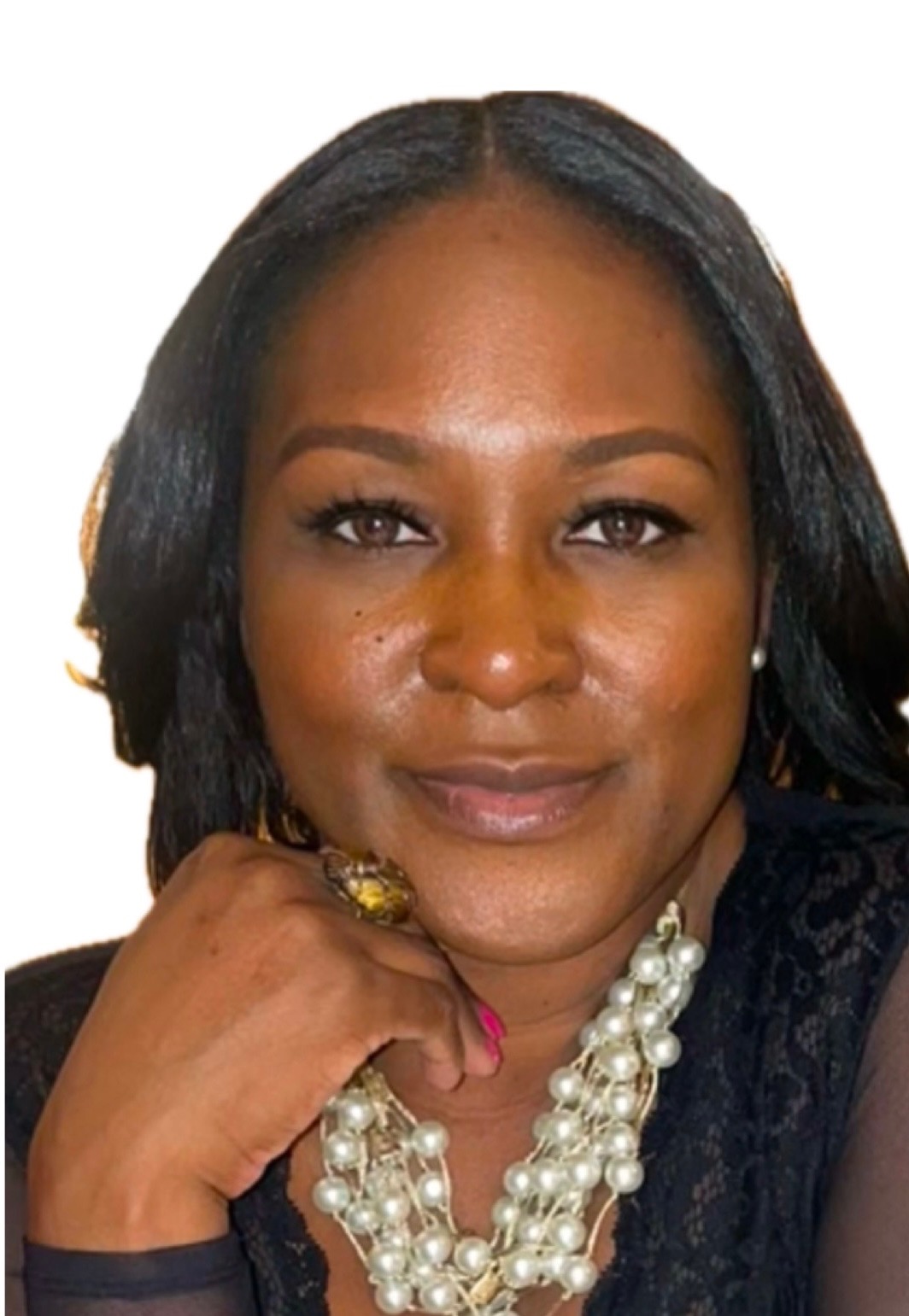Liberation Within: Black Queer Identity, Mental Health, and the Meaning of Pride and Juneteenth: A blog exploring how culture, freedom, and mental health intersect for Black Queer communities.
- Dr. Cookie

- Jun 17, 2025
- 4 min read
By Dr. Keonna Watson June 18, 2025
June is heavy with memory and meaning. It holds space for both celebration and sorrow; Pride Month and Juneteenth, two movements rooted in resistance and liberation. But for Black Queer folks, the weight of June is different. It’s layered. It’s not just about waving flags or honoring ancestors; it’s about survival, visibility, and healing. Too often, our stories sit at the margins, even within our own communities.
In this piece, I’ll explore four deeply connected themes: Pride, Juneteenth, cultural identity, and mental health, all through the lens of Black Queerness.
As we reckon with what freedom really looks like, we must ask: What does it mean to be Black, Queer, and mentally well in a world that was never designed with us in mind? Before we can discuss celebration, we must first address survival.
From Survival to Self-Understanding: The Psychology of Black Queer Identity
The formation of identity for Black Queer people is more than just self-discovery, it’s a psychological negotiation between safety, truth, and belonging. Intersectionality, a term coined by Kimberlé Crenshaw, reminds us that identities don’t exist in silos. It's understood that individuals can experience multiple forms of discrimination or disadvantage simultaneously, and that these experiences are interconnected. Being Black and Queer doesn’t just add layers, it multiplies the impact of discrimination, invisibility, and systemic harm.
Minority Stress Theory supports this: chronic exposure to racism, homophobia, and transphobia produces a distinct kind of psychological wear. This isn’t just “stress.” It’s survival. Black Queer folks often carry the weight of being unseen at home, erased in Black spaces, and tokenized in white Queer circles. The toll on mental health is real, manifesting as anxiety, depression, disconnection, and sometimes despair.
Yet even in this pain, many Black Queer people are rising, unapologetically, and with fire; demanding the recognition, safety, and care we’ve always deserved. This courage must be met with action. Understanding the roots of the pain is not just a step; it's a leap towards meaningful healing. And healing, for us, has always been a revolutionary act.
Toward Wholeness: Healing for Black Queer Communities
Healing for Black Queer people cannot come from systems that were never built to see us whole. Traditional mental health models often overlook the cultural, historical, and spiritual wounds that shape our experience. This is why holistic, culturally grounded approaches are essential. These approaches may include Afrocentric therapy that honors our ancestors, our bodies, and our lived wisdom, or Queer-affirming, trauma-informed therapy that creates space where gender and sexuality are not problems to be solved but truths to be celebrated.
But healing doesn’t live only in treatment. It thrives in ballrooms, barbershops, kitchen tables, cookouts, hair salons, and chosen families. In spaces where we can laugh loudly, cry openly, dance freely, and breathe without fear. These are sacred places, built by us, for us.
The tools for healing already exist, many of which were born within Black Queer communities themselves. They are not just therapeutic, they are revolutionary. The real question now is: Will society rise to protect and invest in that brilliance with lasting support? This is not just a question; it's a call to action that we all need to answer.
Conclusion: Our Healing Is Our Revolution
Pride and Juneteenth both speak to the fight for freedom, but what is freedom without safety, visibility, or rest? For Black Queer people, true liberation means more than celebration. It means care. Access to healing. Space to breathe. The right to exist, unapologetically.
As we honor the legacy of those who came before us and celebrate the beauty of who we are today, let’s also fight for futures where we are seen, heard, and held.
This June, and every month, support Black Queer mental health. Donate to Black-led organizations. Amplify Queer voices. Check on your friends. Create space because our healing is our revolution. And we deserve it, deeply. Black Queerness isn’t just resistance, it’s rebirth.
Happy Pride Month and Happy Juneteenth! Peace.

References
Crenshaw, K. (1989). Demarginalizing the intersection of race and sex. University of Chicago Legal Forum, 1989(1), 139-167.
Meyer, I. H. (2003). Minority stress and mental health in LGB populations. Psychological Bulletin, 129(5), 674-679. https://doi.org/10.1037/0033-2909.129.5.674
BEAM – Black Emotional and Mental Health Collective. (n.d.). Retrieved June 9, 2025, from https://beam.community/
The Audre Lorde Project. (n.d.). Retrieved June 9, 2025, from https://alp.org/
Therapy for Black Girls. (n.d.). Retrieved June 9, 2025, from https://therapyforblackgirls.com/
National Black Justice Coalition. (n.d.). Retrieved June 9, 2025, from https://nbjc.org/
About the Author: Dr. Keonna Watson, affectionately known as "Dr. Cookie," embodies the dual roles of healer and educator. With a background in Sociology, Psychology, and ancestral wisdom, she serves as a mental and holistic health practitioner dedicated to supporting Black and Brown LGBTQ+ communities. Her advocacy goes beyond professional duties; it is a sacred calling.
Dr. Cookie writes and teaches about the complex issues surrounding family, identity, and liberation, always prioritizing love as a driving force behind these topics. She is also the founder of the FreeLee Foundation, a nonprofit organization committed to dismantling the inequities faced by LGBTQ+, women, and BIPOC communities in accessing essential resources and support.
Support the healing: https://givebutter.com/freelee-life-services-for-individuals-families-inc



Comments